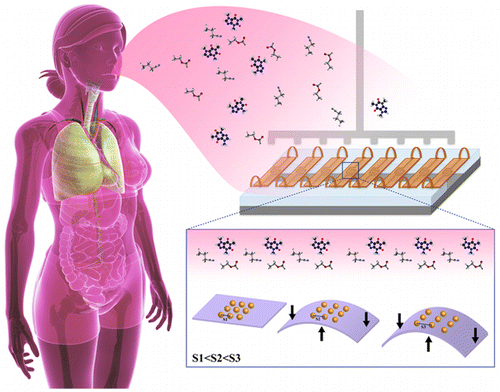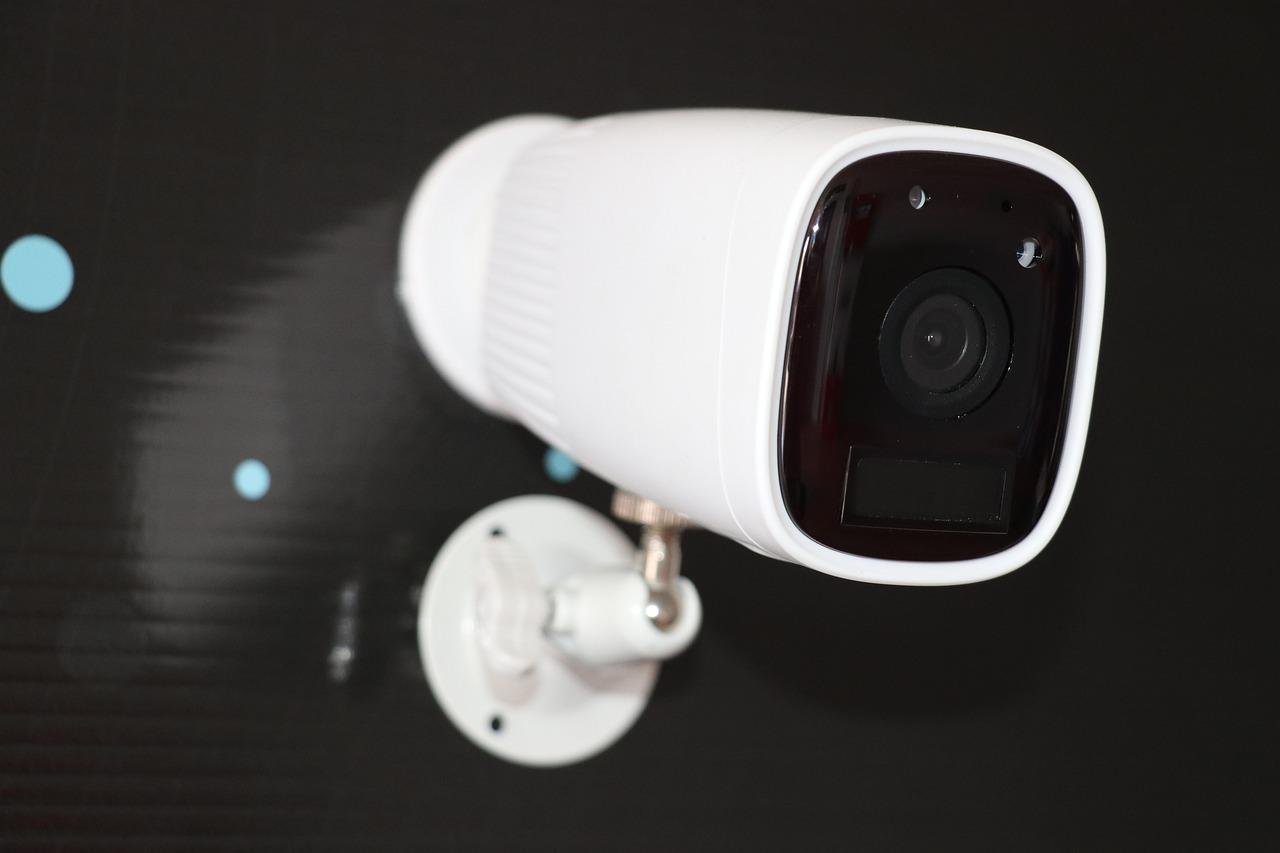Ovarian cancer risk increases with age, with about two-thirds of women diagnosed with ovarian cancer at age 55 or older. Less than half of women diagnosed with ovarian cancer survive five years.
Diagnosis of ovarian cancer involves various invasive and expensive tests that are recommended for high-risk cases only.
Now, in a search for a safer and non-invasive test, scientists of Technion-Israel Institute of Technology and Carmel Medical Center in Haifa, Israel, have developed tiny flexible sensors to detect ovarian cancer by analyzing a woman’s breath.
These flexible breath-diagnostic sensors are made of gold nanoparticles for use in an electronic device that looks like an asthma inhaler.
Any disease disrupts a person’s metabolism that causes changes in the composition or concentration of the volatile organic compounds (VOCs) released in their breath. These sensors catch the VOCs.
Scientists believe these easy-to-use diagnostic devices can be used to detect other cancers as well.







